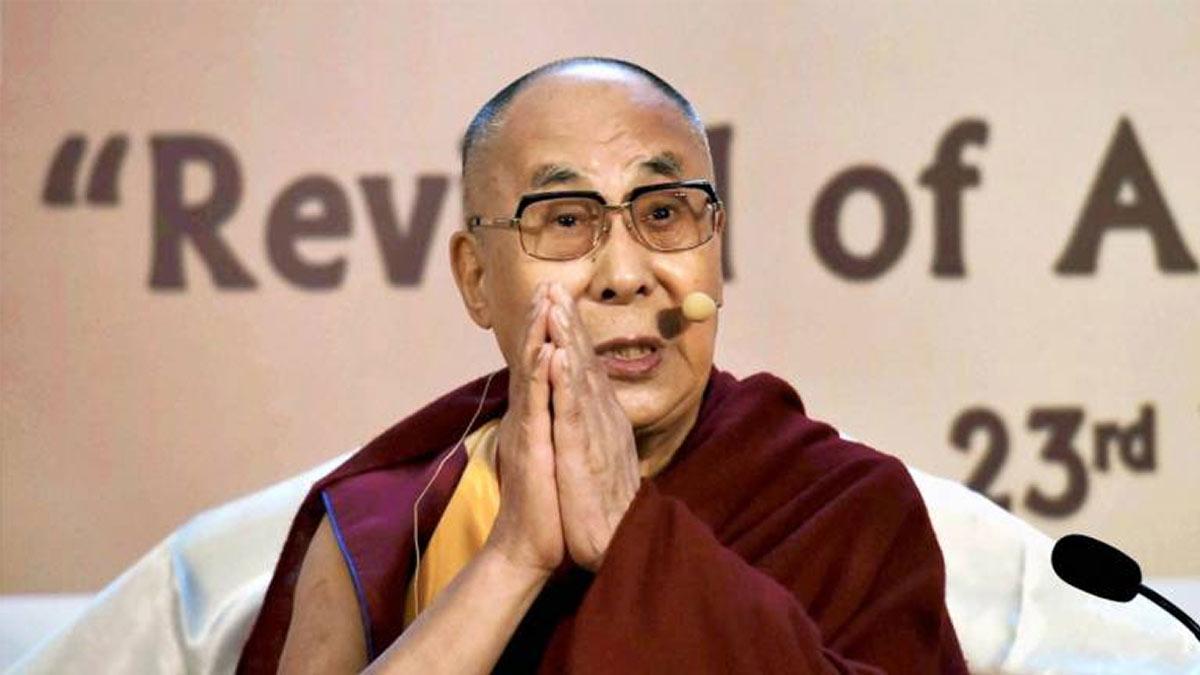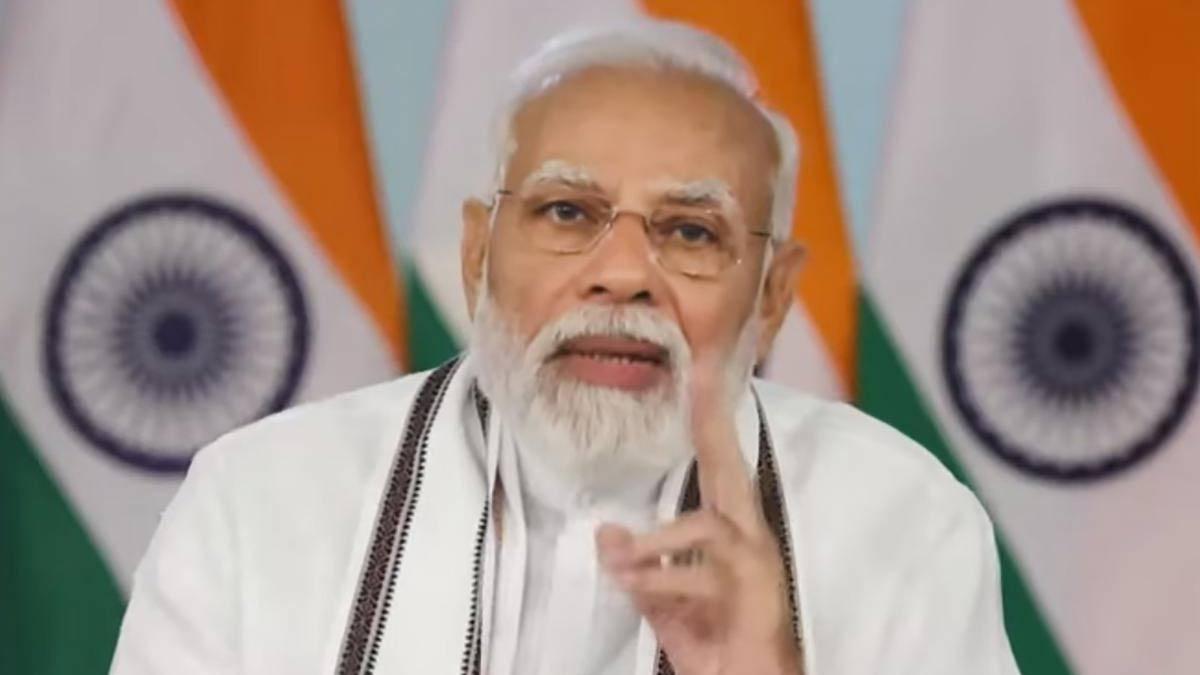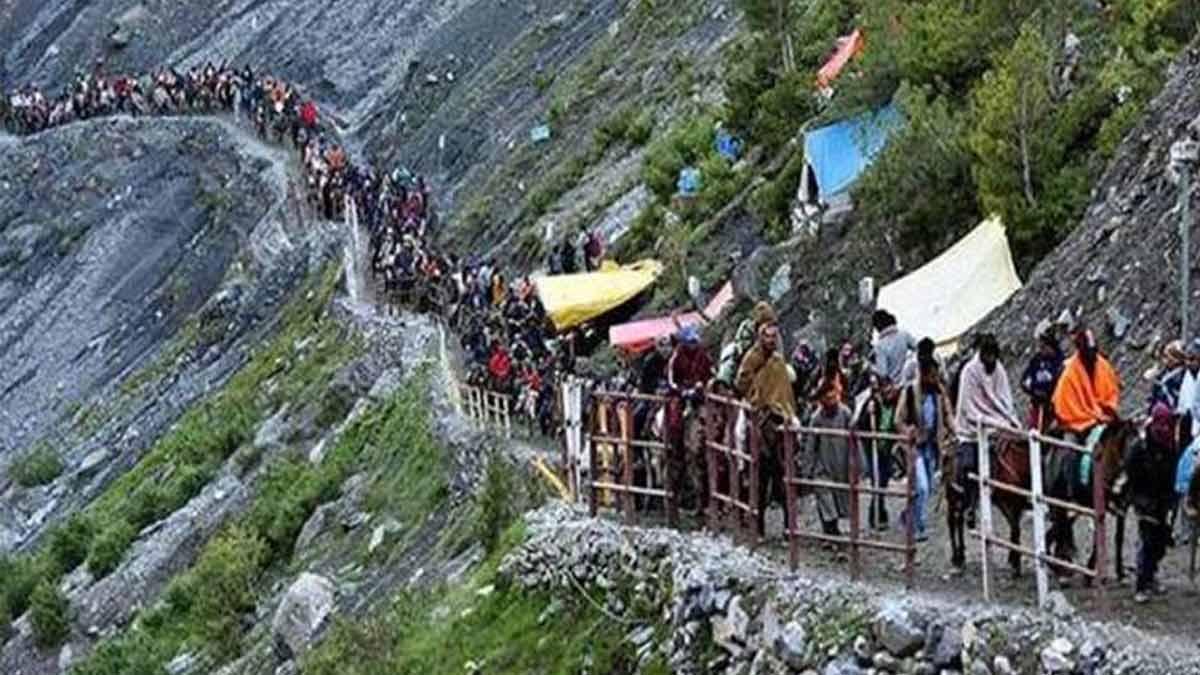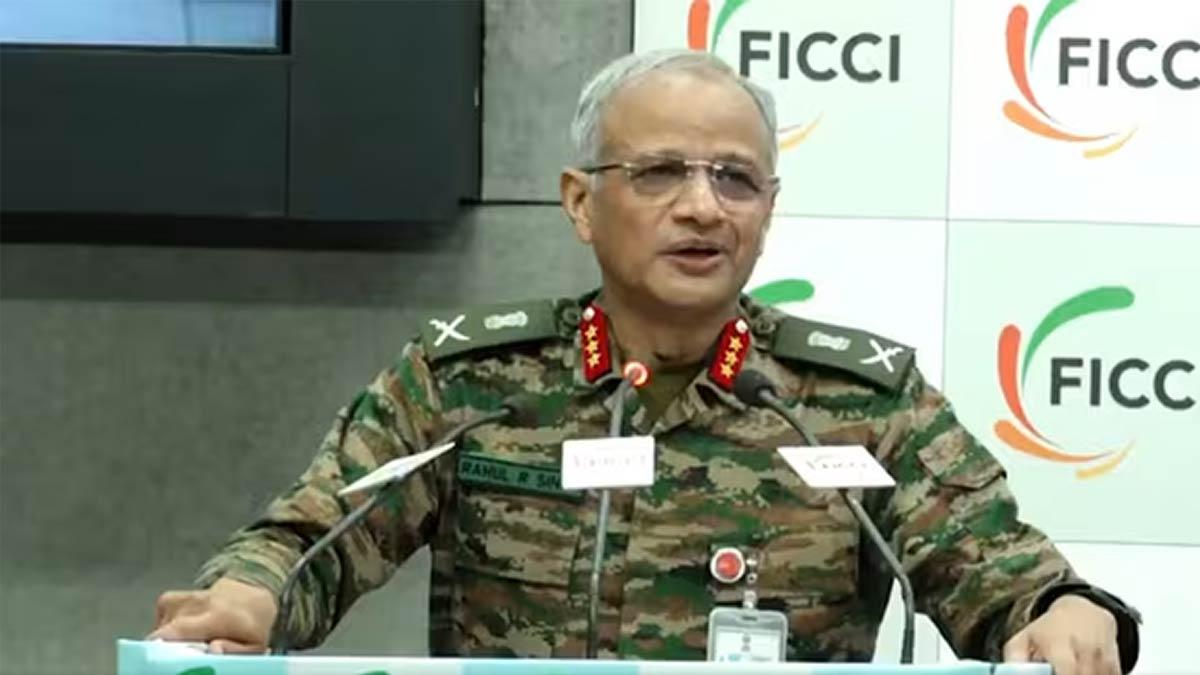On the night of his 90th birthday, the Dalai Lama made a dramatic declaration on Saturday that he wishes to live for another 40 years and fulfill his religious purpose up to the age of 130.
Dismissing speculation regarding his succession, the spiritual leader of the Tibetans confirmed that he will reincarnate after death—directly refuting China's assertions over his next successor.
The Nobel Peace Prize winner was addressing a 'Long-Life Prayer' ceremony at the central temple in McLeodganj, a peaceful suburb of the Dharamsala hills in Himachal Pradesh. In a gathering of devotees, he said, "Considering so many prophecies, I feel I have blessings of Avalokitesvara. I have tried my best so far. I hope to still live for 30–40 years more. Your prayers have yielded results so far."
The Dalai Lama, who is considered the human form of compassion, went on to say: "Although we lost our country and we are in exile in India, that's where I have been able to help beings a lot. Those who live here in Dharamsala, I want to help and serve beings as much as possible."
On the 2nd of July, he made a much-awaited announcement, confirming the existence of the centuries-old institution by proclaiming that there would certainly be a 15th Dalai Lama following him. The announcement was made as a guarantee to millions of his believers who have shown anxiety regarding the continuation of Tibetan Buddhism and its leadership.
He insisted that only his official institution—the Gaden Phodrang Trust—is empowered to manage affairs concerning his reincarnation. This position is directly opposite that of China's assertion of dominance over the succession process.
Moving quickly, Beijing reaffirmed its stance, insisting that the next Dalai Lama's election should comply with "Chinese laws and regulations," including religious ceremonies and historic tradition. Chinese officials say that the reincarnation process would also need to be conducted within China.
But under the conventional Tibetan Buddhist faith, the reincarnation of a lama, particularly the Dalai Lama, is a spiritual and sacred affair that includes visions, omens, and rituals—an event that political powers cannot dictate. Only the Dalai Lama himself has the power to identify his own successor.
India currently has around 100,000 Tibetan refugees, among them the exiled Tibetan government, based in Dharamsala. Even though they have been in exile since they fled Tibet in 1959, the Dalai Lama remains a world symbol of peace, non-violence, and spiritual strength.


















